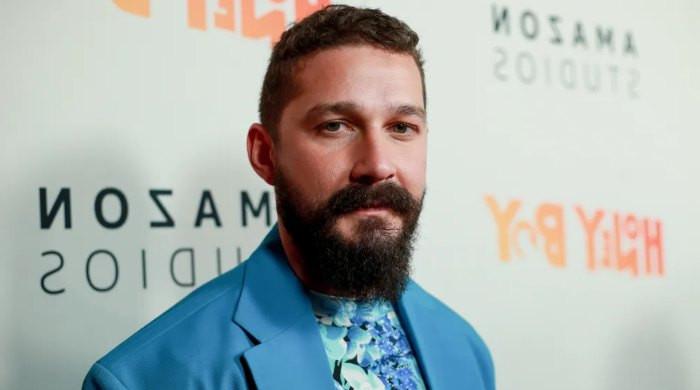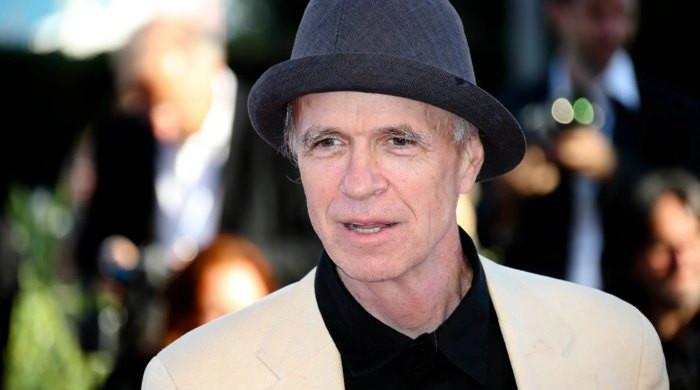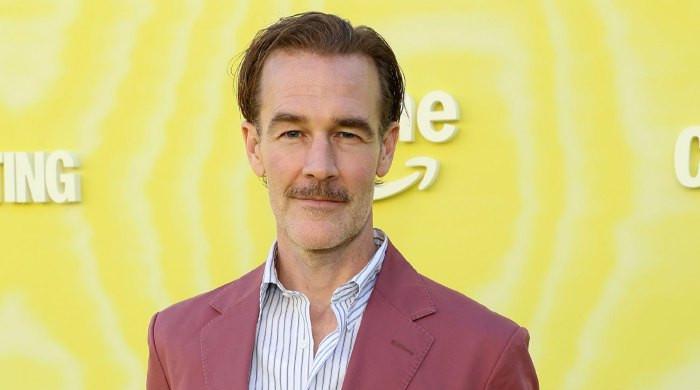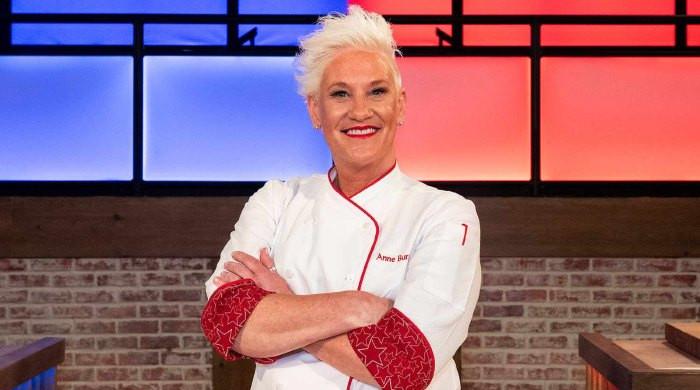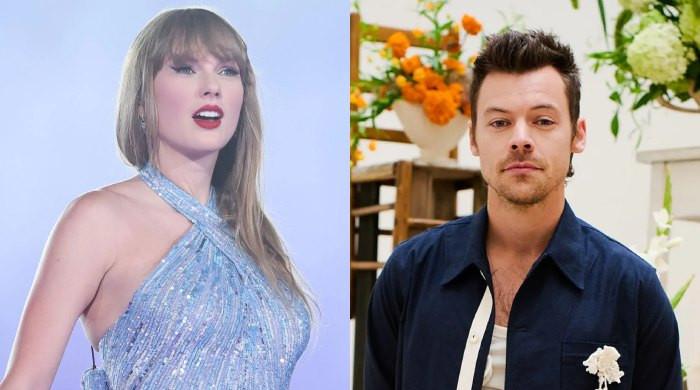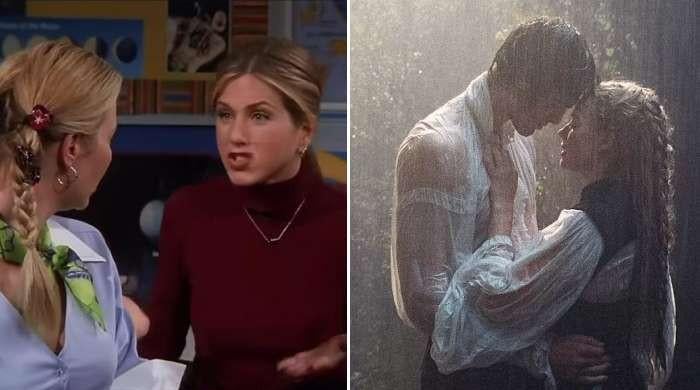Remembering Muhammad Ali, a star which would always shine
The Pakistan star was known as Shehenshah-e-Jazbat [King of Emotions] for his emotional acting
March 19, 2018
If one has to pick one ‘hero’ who made the biggest impact on the Pakistan industry, it would be none other than the tall, broad and well- voiced Muhammad Ali.
He was someone who could make you laugh as well as cry with his voice. Make you feel his rage as well as his pain through his expressions. He ruled the film industry for 25 years and his films, made in the 60s, are as popular as they were on the day of release.
Ali’s entry into films was not the one he wanted. He was cast as a villain in Fazal Ahmed Karim Fazli’s Chiragh Jalta Hai in 1962, which was also a debut film of Zeba, Deeba and Kamal Irani.
Cinema was changing in ’62, the film industry was well-established and had seen the prime of Santosh and Sudhir, who had romanced the ladies as well as fought the baddies.
Santosh Kumar (real name Musa Raza)and Sudhir (real name Sher Zaman)had starred in a film each before partition and had the knowledge which helped in shouldering the ‘early’ cinema in Pakistan. Both had acted in a variety of roles throughout the first decade; a rebel, thief, graduate or a prince, but had their limitations. The former seldom went loud while the latter rarely turned down his voice while acting. With the advent of Muhammad Ali, things changed for good.
Ali’s first major role was Khamosh Raho (1964), which bagged him his first Nigar Award for best-supporting actor. Riaz Shahid’s dialogues and direction from Jamil Akhtar has turned the film into a classic. Riaz’s Farangi, which had Sudhir as the protagonist could get some awards but not the ‘Best Actor’, which went to Waheed Murad.
Next year, Ali bagged the best actor’s Nigar Award for his role of a confused Nawab in Kaneez. Written by Ali Sufyan Afaqi and directed by Hassan Tariq, the film starred Santosh Kumar, Sabiha Khanum, Waheed Murad, Zeba and Talish, but despite no songs to his credit; Ali’s power-packed performance sometimes was unmatchable.
Next year, Riaz Shahid’s dialogues for Aag ka Darya bagged Ali his third Nigar Award in three years, turning him into a Super-Star. Ali portrayal of a ‘daku’[dacoit] and Shamim Ara’s role of ‘tawaif’ [courtesan] was the highlight of the film.
In 1967, he married his frequent co-star Zeba and the formed a production house Ali-Zeb. Aag and Jaisay Jaantay nahin were their productions, which had excellent songs. With the introduction of Nadeem as a ‘hero’ from East Pakistan, ‘Best Actor’ award eluded Ali for 1967, but in 1968 he got it back for Saiqa.
Shamim Ara turned producer with the film and it is rumoured that Waheed Murad refused the role as it was completely overshadowed by Saiqa.
Ali, with his power-packed performance, turned it into something worth remembering, and the climax when he stood up against traditional values, still brings one to tears.
With Shabab Kairanvi’s Insaaf aur Qanoon, and Insaan aur Aadmi, he gave new meanings to ‘court scenes’. His voice variation, face expressions and deep involvement are still unmatched, even after nearly five decades of their release.
Ali started to act as ‘big brother’ to younger actors by mid 70s; even then he took the glory away from the ‘heroes’ on most occasions. Pervez Malik’s Dushman, Iqbal Yusuf’s Soorat Aur Seerat, Iqbal Akhtar’s Jub Jub Phool Khile and S Suleman’s Gharana being prime examples.
In Josh (1979), he was a gunslinger from the Wild West, in search of the killer of his family. He turned to character roles and gave excellent performances in Salakhain (1977), Tere Bina Bhi Kia Jeena (1982), Doorian (1984) and Bobby (1984). He reduced his work by mid-80s, due to health reasons, but his last major role was that of Dino Chacha in Saeed Rizvi’s Shani (1989)- Pakistan’s first science fiction film. He even worked in an Indian film Clerk, in the same year, which was produced by his friend and Indian actor Manoj Kumar.
He was known as the Shehenshah-e-Jazbat [King of Emotions] for his emotional acting. Muhammad Ali did all kinds of roles in his career. He had been a soldier, a swordsman, a dacoit, a country bumpkin, a patriot, a rebel, a conman, a cowboy and even a governor.
His 12th death anniversary is being observed today (March 19). Exactly 10 years before his demise, I managed to have a chance meeting with him at the Sheraton Hotel, (now Movenpick).
The Sixth Cricket World Cup was being held in Pakistan, India and Sri Lanka and I just met various cricketers staying at Pearl Continental Hotel, which was situated across the road. My friend, who was irritating the foreign players by asking their complete names, tried the same with Muhammad Ali with a ‘Still taking your autographs’ taunt. ‘What do you mean by still? A star always shines’, came the reply, which is still fresh in my memory after 22 years. Muhammad Ali, among other stars, would definitely shine forever, but a little brightly.





